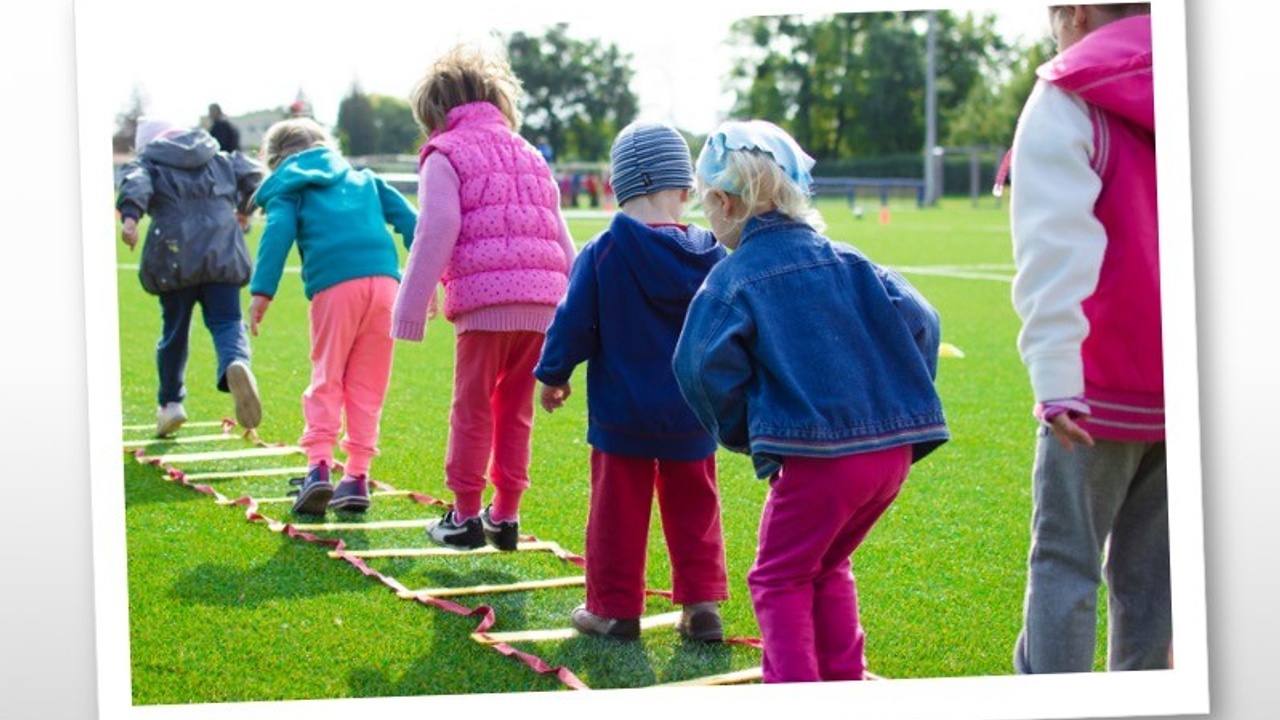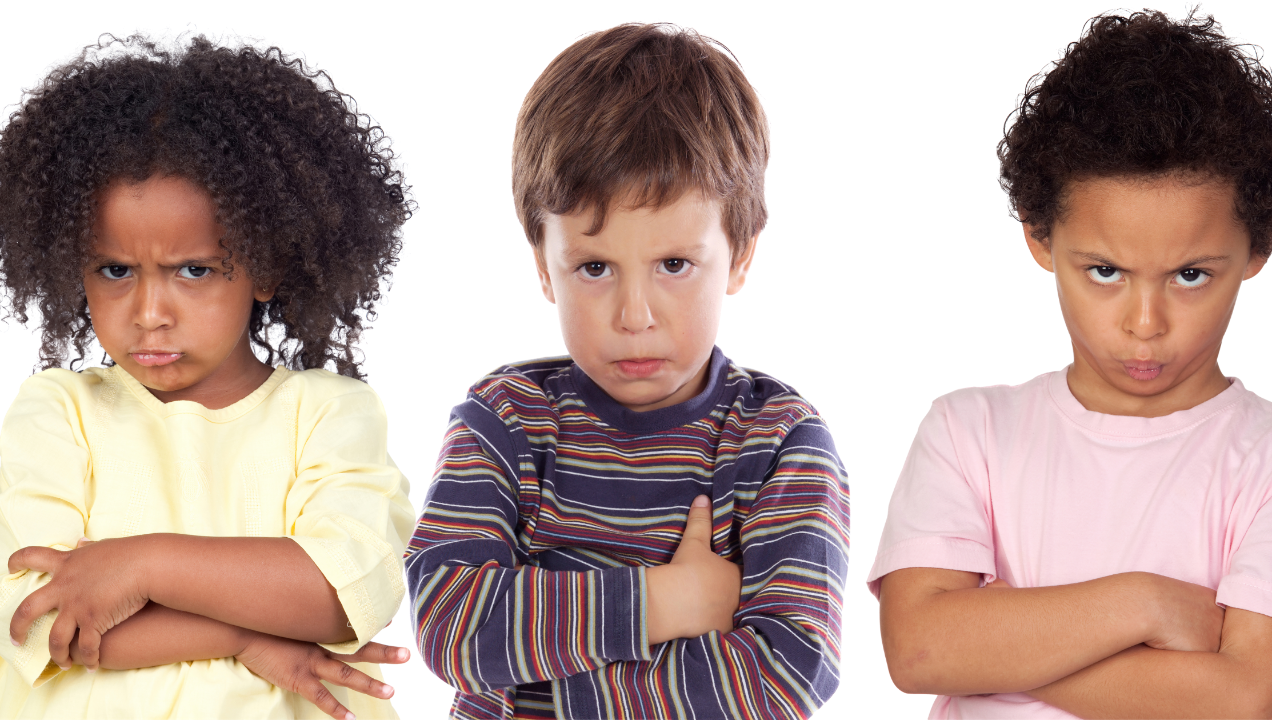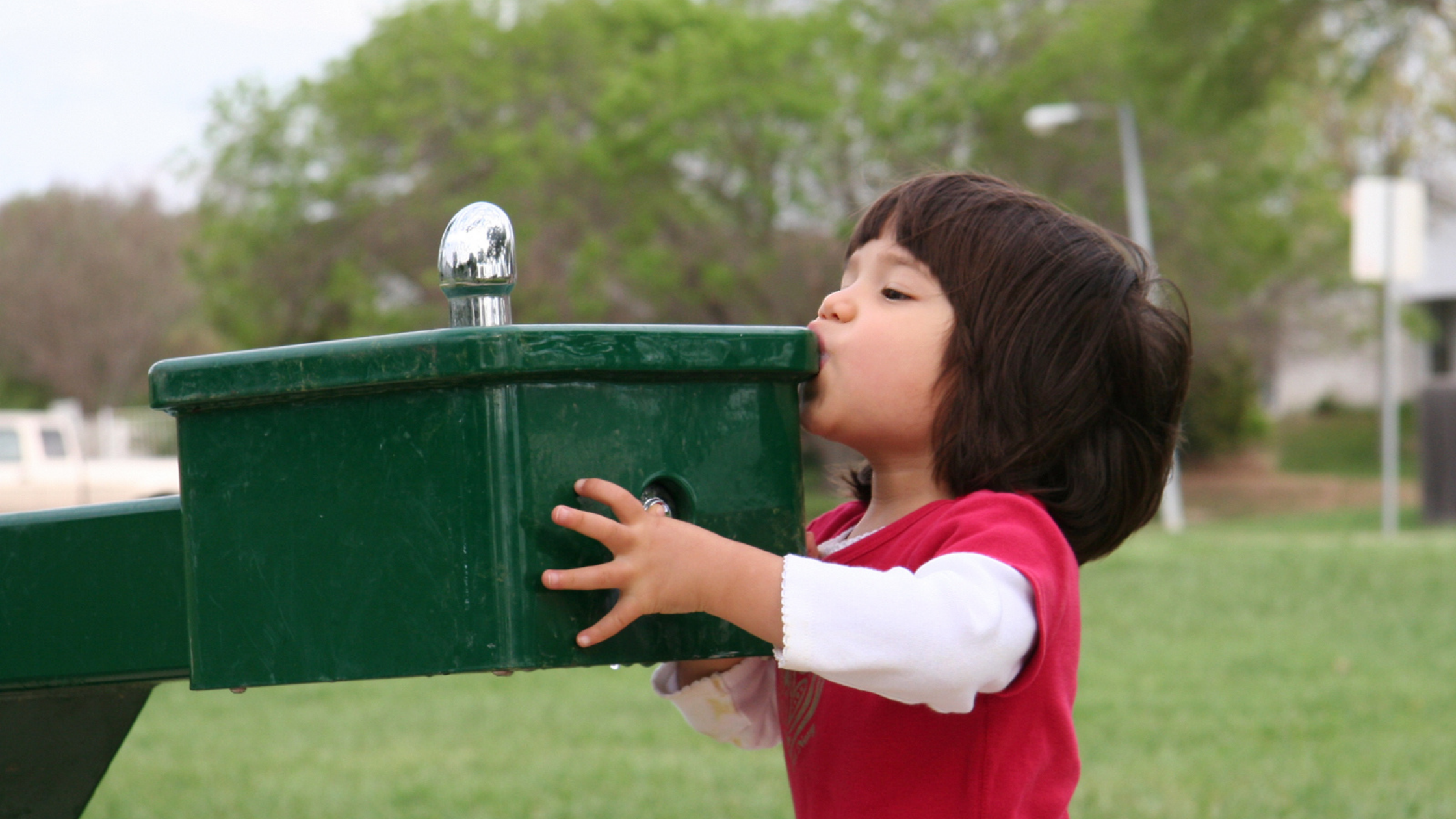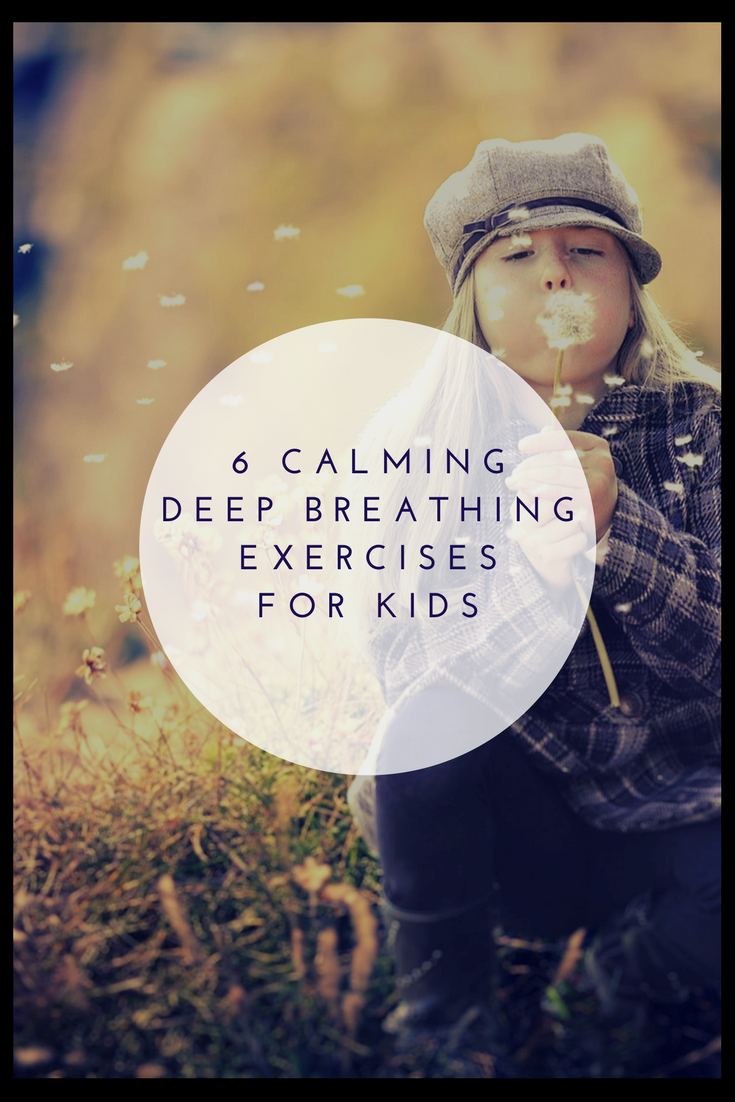The Socially Skilled Kids Blog
TEACHING TEAM BUILDING ACTIVITIES - HUNT FOR BURRIED TREASURE


What’s more fun than using a treasure map to find buried treasure?! Honestly, I can’t think of anything. But besides fun, there are soooo many social skills that can be supported while using a treasure map to find “pirate treasure.” I like to use this treasure map, pirate theme activity when teaching team building activities and to support the important social skills concepts of Teamwork and Cooperation. Setting up a treasure hunt is a great opportunity to spark critical thinking within your classroom community.
After spending some time discussing and working directly on these two concepts, my students go on a treasure hunt as part of a team to celebrate all of the wonderful skills they have learned and practiced. Beyond teamwork and cooperation, this fun activity will also support;
- Self-Regulation
- Good Sportsmanship
- Creativity
- Patience
- Perseverance
- Following Directions
- Communication Skills
- Problem-solving Skills
Just to name a few…

Here’s how I made...
TEACHING TEAMWORK AND COOPERATION SKILLS TO STUDENTS

This time of year I tend to put a lot of focus on the explicit teaching of two very important social skills; Teamwork and Cooperation.
Of course, teaching teamwork and cooperation skills are essential skills all-year-long, and are used in nearly every activity in school and in life.
For me, the importance of teaching teamwork and cooperation skills really seems to stand out, as I watch my students to playing sports and games at recess, and engaging in cooperative activities on the playground in in their classrooms.
Teamwork and Cooperation are defined very similarly, and my students always tell me they are the same thing.
But there are some subtle and important differences that I like to keep in mind and the good news is, you can learn them too! This post will look at the difference between teamwork and cooperation and it will give you some good ideas on how to teach these skills in your classroom.
Let’s start with Teamwork

Teamwork is defined as:
A c...
CREATIVE ACTIVITIES FOR TEACHING SOCIAL PRAGMATIC SKILLS


We all know how important it is to teach and support social pragmatic skills. Year after year I see more and more children struggling to engage in even very basic social interactions and social situations throughout the school day. This post provides 5 basic social skills activities you can use with your students.
It’s important to teach social pragmatic skills, explicitly in many cases, to our students. From kindergarten, all the way through elementary school…and in some cases, beyond.
Here are the 5 basic social skills that I like to teach in the kindergarten classrooms that promote strong social skills:
Taking Turns

Below are some great social skills activities, tools, and ideas for how to teach these important social pragmatics in your day-to-day teaching and lesson plans. I hope you find some helpful ideas that you can quickly and easily add throughout the school year.
Sharing Ideas: Create many opportunities and diff...
HOW AND WHY TO USE A BEHAVIOR CONTRACT FOR STUDENTS…

As a special educator in a public school, I see lots and lots and lots of teachers using a behavior contract for students in the classroom!
The way I feel about a behavior contract for students is the same way I feel about using a Social Story … They can be very helpful when used properly, but are often over relied upon and can end up being ineffective without important “pre-work” and follow through with student behavior.
In order to be successful with a behavioral contract, the student must have the ability to perform the skill asked of him/her. For example, even if you offered me a gazillion stickers {or dollars}, to join a pro wrestling team…I couldn’t do it. I just don’t have the skill. I might be VERY motivated to get the reward, but if I don’t have the skill, It doesn’t matter how motivated I am. I won't be able to accomplish the target behaviors.

Often, we believe there is a lack of student motivation when they actually lack skills. Of course, lacking skills may then lead t...
5 TIPS FOR TEACHING GRATITUDE TO YOUR STUDENTS
WOULD YOU LIKE TO TEACH YOUR STUDENTS ABOUT GRATITUDE?
The new year is a great time to work on the idea of gratitude, with your students. This blog post will give you some fun tips that you may want to try out to help children gain a greater sense of what gratitude is, how can we feel it and show it.

Tip 1: Have students share something that they are grateful for during morning meeting or closing circle on a regular basis. Challenge students by giving them some guidelines such as; people, places, household items, etc. One of the best ways to learn to express gratitude is by practicing every day!
Tip 2: Have a gratitude jar. Have a spot for a jar, special paper and pen/pencil and have students write short notes throughout the day/week about different things they are grateful for. At the end of the week, read them before going home. This is a great way for younger children to learn to express gratitude.
Tip 3: A fun way to get students to learn the importance
...5 TIPS FOR TEACHING GETTING ALONG WITH OTHERS

Do you work with students who struggle with getting along with others? Do they argue over games and rules? Make other kids feel uncomfortable or annoyed? Act as though they are “in charge” of others in social situations?
While all children struggle to get along with others once in a while, for some, it takes explicit teaching and extra practice. There is no best way to teach this skill, but by following these tips you will be well on your way to helping your elementary students build healthy relationships with their classmates.

In order to get along with others in a classroom, small group or play activity {sports team/recess/playdate}, young children need to be able to engage in the following basic social skills:
- Sharing
- Cooperating
- Taking Turns
- Using Kind Language
- Respecting Personal Space
5 Tips To Help Your Students Learn & Practice The Social Skills Needed, To Get Along With Others
Tip 1: Create many opportunities for your students to share by making materials limit...
IDEAS FOR TEACHING STUDENTS HOW TO REGULATE EMOTIONS

Do you have a student {or 2, or 3…} who cry over every … little …thing? Ugh … It can be sooo challenging when students do not know how to regulate emotions. We love our kiddos, but when they cry over every little thing that they perceive as a problem {or major crisis} it can be super frustrating. As well as difficult to carry on and teach! Keep reading this post to learn the best way to help teach your students emotional regulation skills.

As a special educator, I frequently get asked how to help these “frequent criers.” Of course, there are many reasons why a child may be crying so much.
First and foremost, I don’t take it lightly, as you never truly know what might be the cause of frequent crying. But if you have done some investigating and you are reasonably sure that there is nothing critically wrong, i.e. severe problems with the child’s home life, health, medical or psychological reason that may require more specialized resources to help… you may find success with a targeted ...
SCHOOL’S OUT! THE IMPORTANCE OF PROVIDING CLOSURE

For most students, the last few weeks and days of elementary school are very exciting. But for some, it can be a very difficult time and behavior problems can skyrocket.
As a special educator, I see many students who struggle with anxiety over the anticipated transition(s) and as a result, experience an increase in challenging behaviors during this time.
While many of our students love the idea of taking a long break from school and moving on to summer vacation, it’s important to keep in mind that some have mixed or even negative feelings about it.
Having mixed feelings about the end of the school year can look like this…
Students may feel; happy about no school work, sad about not seeing their friends for a long time, worried about whether or not they will like summer camp, confused about end of year and summer changing routines, anxious about what teacher they will get next school year…etc. etc. etc., that can be a lot to manage!

Unfortunately, some stu...
10 MUST TEACH, GOOD SPORT BEHAVIORS

Do your students struggle to demonstrate good sport behaviors? Do they truly understand what it means to be a good sport?
Many students think they know, but when I ask them, they can not explain it. That’s why I teach this concept explicitly in early elementary and to targeted small groups of upper elementary, as needed.

Good sportsmanship is so important in all facets of our student’s day. Whether it be working on a classroom assignment with their peers, playing a board game during in-door recess, an activity in P.E, or engaging in a class discussion. Good sportsmanship is a must, if we are to get along with others and make/keep friends.
Students with special needs often struggle a lot with this skill. Many of my students have a difficult time taking the perspectives of others and therefore feel they should always get what they want. This does not usually go over well with their peers.

How many times a day do you find yourself saying,
“Be a good sport.”
...
HOW AND WHY TO TEACH YOUR STUDENTS PERSEVERANCE AND RESILIENCE

Something that I hear my teacher friends (and parents) saying over and over again it, “We are expecting our students/kids to do so much more than in years past.”
Whether we are talking about in school or home/after-school activities, we really do ask our kids to do so much more than ever before. And yet, do we spend any time teaching them how to manage all of that?
We are asking our kids to do much more advanced academics and to play higher level sports, but do we spend time teaching them how to handle struggle and failure?

In my work, I feel that I am seeing more and more students breaking down because they are so uncomfortable with the learning process, with struggle, with failure, and without getting immediate gratification.

And on the other side of things, teachers are being pushed to add more and more and more to the work loads of their students, many of whom are already overwhelmed. Add to that a child who has learning disabilities or emotional disabilit...



